(Stock Photo – Canva)
By Tashia Toupin
Advent is an invitation to reflect on how the Incarnation changes our human experience. In the reading from Jerimiah, we hear of the coming of a “righteous branch [that will] spring up from David, and they shall execute justice and righteousness in the land.” This is a welcomed prophecy for a People who have faced many hardships, including wars, deportation, and the destruction of their place of worship. Someone was going to come and right all these injustices.
In our previous week’s readings, we heard about God’s “Kin-dom”, an intentional replacement of “kingdom” indicating a drastically different structure. In the “Kindom” all people are recognized as kin, and power is shared.
Jesus tells Pilate that God’s Kindom is not of this world. Jesus does not expand in this dialogue about the details of what God’s reign will look like but, we know how Pilot and the Empires of humans behave and rule. It would be safe to say that this is not what God’s reign will be. God’s reign will not be power over or utilize the “might is right” way of ruling. It will not cause people to conform to imposed rules that serve the powerful. It will not be a place of fear. It will not be a time of conflict or imposed scarcity. The societal, political, and economic structures that allow the wealthy to exploit the poor, will not be how we organize our societies. This is “Kindom”.
God’s reign will be one where all people have the ability to be protagonists because power is shared. What is right will be determined through consultation with all those who will be affected by the decisions being made. People will live cognizant of others’ needs, ensuring everyone has their needs met before those extra wants are chased after. It will be a place of connection and abundance. All will be treated with respect and cared for. This is how Jesus lived. These are the social justice teachings of the Catholic Church. This is the implementation of the gospel of Christ. The Incarnation shows us an example to follow. God’s justice and righteousness lived out are the path to the Kindom of God.
In the second reading, when St. Paul says, “abound in love for one another and for all…we ask and urge you in the Lord Jesus that, as you learn from us how you ought to live and to please God as, in fact, you are doing, you should do so more and more.” How does Jesus tell us to live? Jesus tells us to remove the log from our eye before the speck in someone else’s. He tells us to give our cloak to one who asks; if someone asks you to go a mile, go two; to turn our cheek. Jesus tells us that we should love God with all our heart, mind, and strength; and to love our neighbour as ourselves. Jesus tells us to visit the sick and the imprisoned, clothe the naked, and feed the hungry because when we do this for each other, we are serving Christ. Jesus models for us forgiveness, healing, companionship, prayer, service, and love.
In all of these, there is a vulnerability that presupposes action. We belong to each other, and God loves each person equally, regardless of life circumstances. We also need to realize that are reliant on others. We need love and support; to be fed and taken care of. While today we might be able to care for ourselves, that will not always be the case. It can be a powerful moment to recognize the interdependence we have with others.
In humbling ourselves to receive we are better able to give. Jesus received help in being fed and cared for, in his ministry, and even in carrying his cross. This is the part of giving that we often miss because it makes us uncomfortable to recognize our own vulnerabilities, but through this kind of reflection, we can come to give so much more.
When we live in this way, when we actively spend our time, energy, and strength loving others, and ourselves like this, we are building the Kindom not of this world. Following this way is how we prepare for the coming of Jesus.
Make time this Advent to celebrate the ways we are already living this life. Where are the areas that we need to challenge ourselves to grow in love? Take the extra time to allow others to speak, forgive, pray, give your cloak or walk with someone an extra 1.61 km (1 mile) when they need a companion. This will enable us to cultivate the realization that we are a people of hope on a journey together toward God, and the best way for us to get there is to do so with the help of others.

